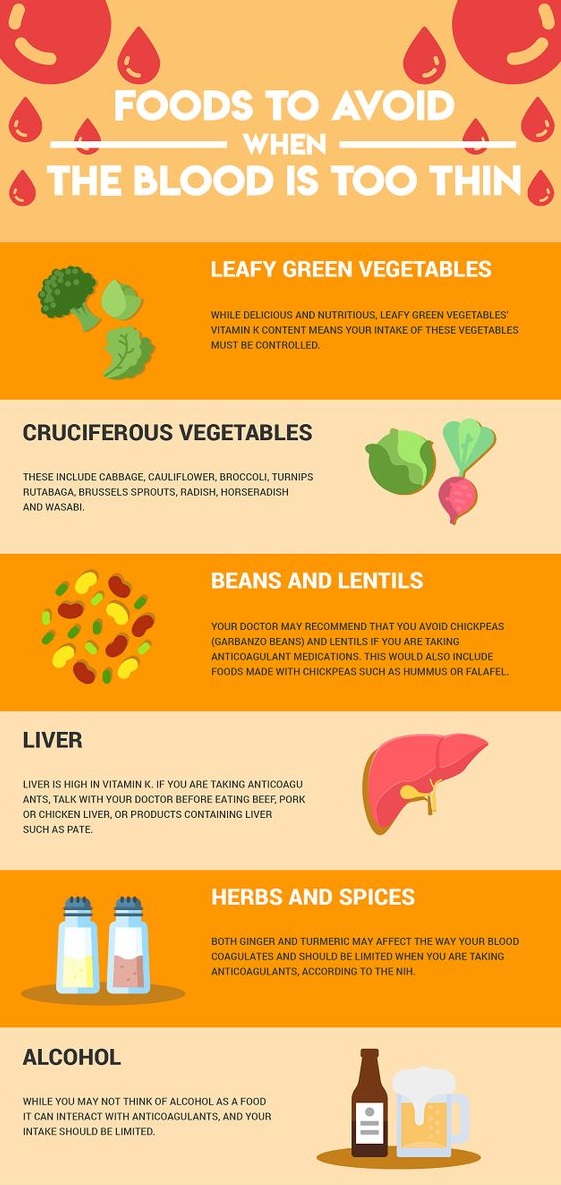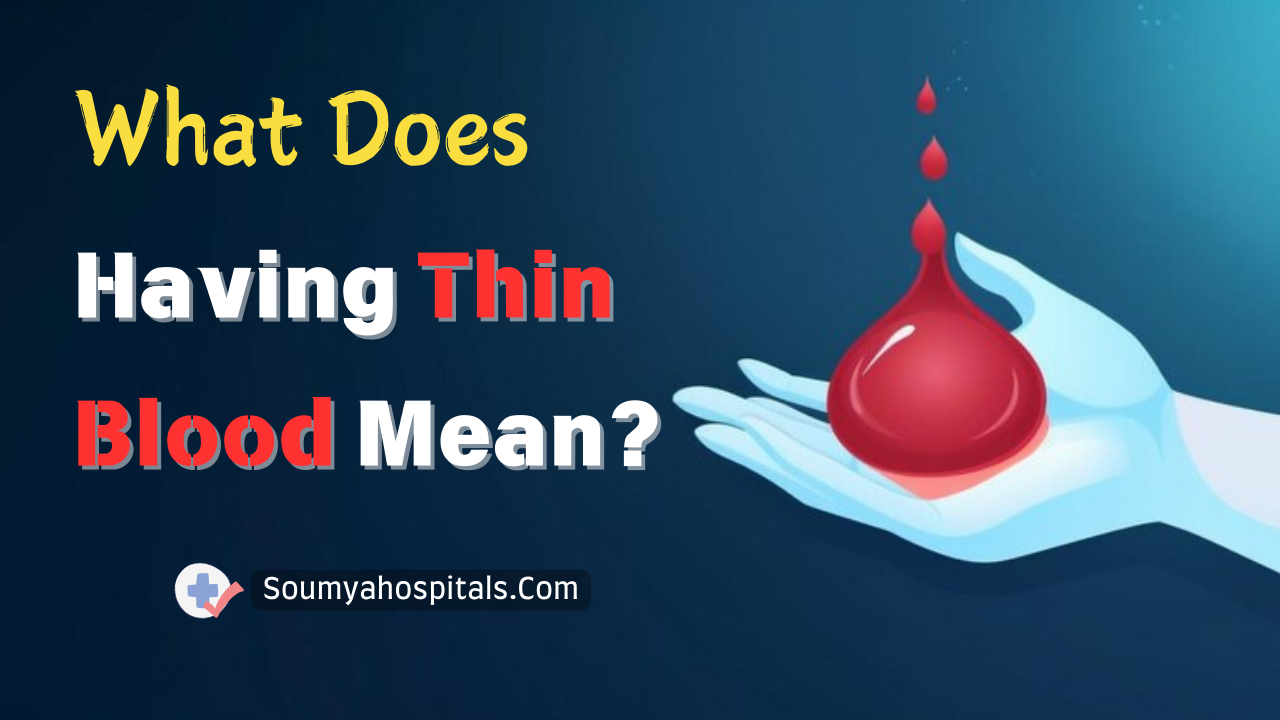Your blood is one of the most important components of your body. Each of the different types of cells flowing through your bloodstream has a different role to play. The red blood cells help carry oxygen throughout your body, the white blood cells help protect your body against infection, and the platelets help your blood clot whenever you have a cut or an injury. You are said to have thin blood, or thrombocytopenia, when the level of platelets in your body is very low. A platelet count in the range of 150,000 to 450,000 platelets per microliter of blood is considered normal and anything lower than 150,000 platelets per microliter of blood is considered thrombocytopenia.
Also Check: Hematology/Immunology NCLEX Questions
What Are The Causes Of Low Platelet Levels?

One of the reasons for low platelet count can be that your bone marrow is unable to produce enough platelets. Or, your bone marrow may be producing the right amount of platelets, but they may not be able to survive in your body. Here are some of the reasons for a low platelet count in your body.
Nutritional Deficiency: Your risk of thrombocytopenia increases if you are low in iron, vitamin B12, or folate. You risk becomes greater if you consume a lot of alcohol as too much alcohol can affect your body’s ability to absorb vitamin B12.
Infections: Sometimes, infections can reduce your body’s ability to produce platelets. They can also increase platelet activity, which can result in faster platelet destruction. Some of the common infections that lead to low platelet count include hepatitis C, rubella, mumps, and HIV.
Surgery: During a surgery, your blood passes through a heart-lung machine and during a blood transfusion, your blood passes through a lot of tubes. Both of these conditions can result in the loss of platelets from your blood.
Cancer: If you suffer from any form of blood cancer like lymphoma or leukemia, it can drastically affect your body’s ability to produce platelets. Even radiation therapy and chemotherapy can reduce your platelet count.
Pregnancy: When you are pregnant, your body’s requirement increases as you have to support the growth of another human being inside your womb. Due to this reason, almost 5 percent of pregnant women develop temporary thrombocytopenia when they are pregnant.
Autoimmune Diseases: Your immune system is designed to fight against any foreign body that enters your system. But sometimes, your immune system may mistake healthy tissues and cells for foreign objects and attack them, resulting in an autoimmune disease. Lupus and rheumatoid arthritis are 2 such autoimmune diseases that result in a low platelet count.
What Are The Symptoms Of Thrombocytopenia?
When you have thrombocytopenia, you may not have any visible signs or symptoms until you cut yourself. The cut will bleed longer than it is supposed to because there will not be enough platelets to form a clot. If you have a healthy amount of platelets in your body, your cut will stop bleeding soon and will start to heal. You may have thrombocytopenia if brushing or flossing your teeth often results in bleeding gums, if you have frequent nosebleeds, if you have a very heavy menstrual flow, and if you get bruises even when you have a minor bump.
How Can You Diagnose And Treat Thrombocytopenia?

If you notice any of the symptoms of thrombocytopenia, it is best to get yourself checked by your doctor, who will review your medical history and your health behaviors. They will ask you questions about your alcohol intake and medication and supplement use. They will also perform a blood test to check your platelet count. When treating thrombocytopenia, your doctor will check if you are consuming heparin, which can cause blood thinning and may suggest some other anti-platelet drug. They will also advise you to decrease your alcohol consumption. Certain medications like corticosteroids can slow down the process of platelet destruction and eltrombopag can increase platelet production. In extreme cases, you may need a blood transfusion to increase your platelet levels.
